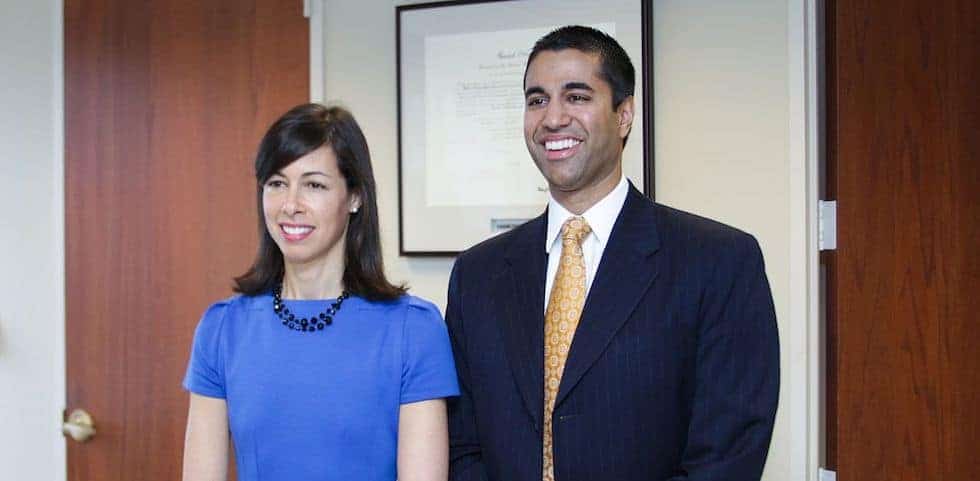Are you a journalist or researcher writing about this topic?
Contact us and we'll connect you with a broadband market expert on our team who can provide insights and data to support your work.
The war over how to regulate the internet has a key problem: the process for creating regulation is so complex that even vehement supporters and opponents of Net Neutrality and other key issues often have little knowledge of where this regulation actually comes from, or how it’s created.
Interestingly, the group that’s responsible for managing these regulations, the Federal Communications Commission (FCC), is quite small. Just five commissioners cast votes on everything from Next Gen TV standards to wireless spectrum allocation.
These five commissioners have a huge impact on the lives of every American who uses the Internet — which is to say, virtually all of us, with the exception of a few hermits.
In this breakdown, we’re going to take a look at which way each FCC commissioner leans on current issues like Net Neutrality, then dive into an outsider-friendly answer to what the FCC actually does.
Ajit Pai, FCC Chairman
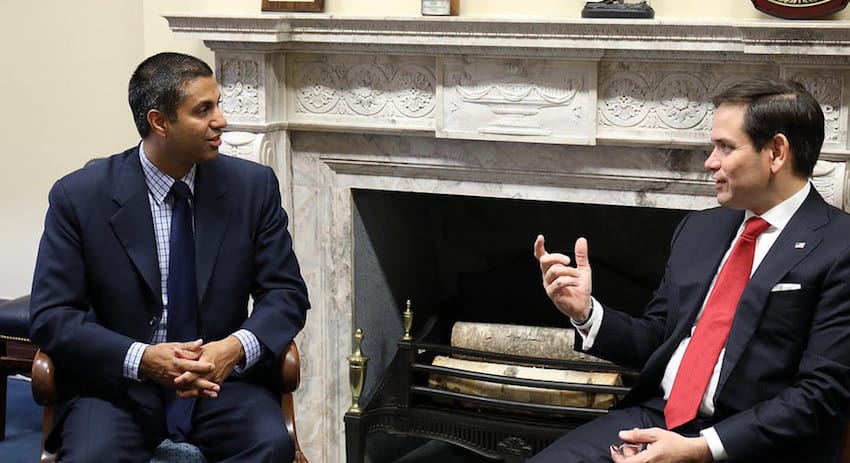
Party Affiliation: Republican
Appointed By: Donald J. Trump
Key Issue: Transitioning back to light-touch regulatory policies & bridging the Digital Divide in rural America
Policy Focus
In broad strokes, Chairman Pai is in favor of repealing and replacing Net Neutrality with “light-touch” regulation similar to what has been employed before during the Clinton administration. He believes that too much preemptive legislation is actually anti-competition, and asserts that it is a major stumbling block on the road to bolstering our aging communications infrastructure, especially in rural and low-income areas.
On the issue: “From the dawn of the commercial internet in the 1990’s until 2015, we had light-touch regulations, where the agency or where the country or where the country monitored the market, let it develop organically, and then took target action if necessary, if there was an example of anti-competitive conduct. And it’s under that light-touch framework that the companies like Google, like Facebook, like Netflix were able to become globally known names. And that’s the kind of success that we want to promote in the future with light-touch regulation.”
Mignon Clyburn, FCC Commissioner
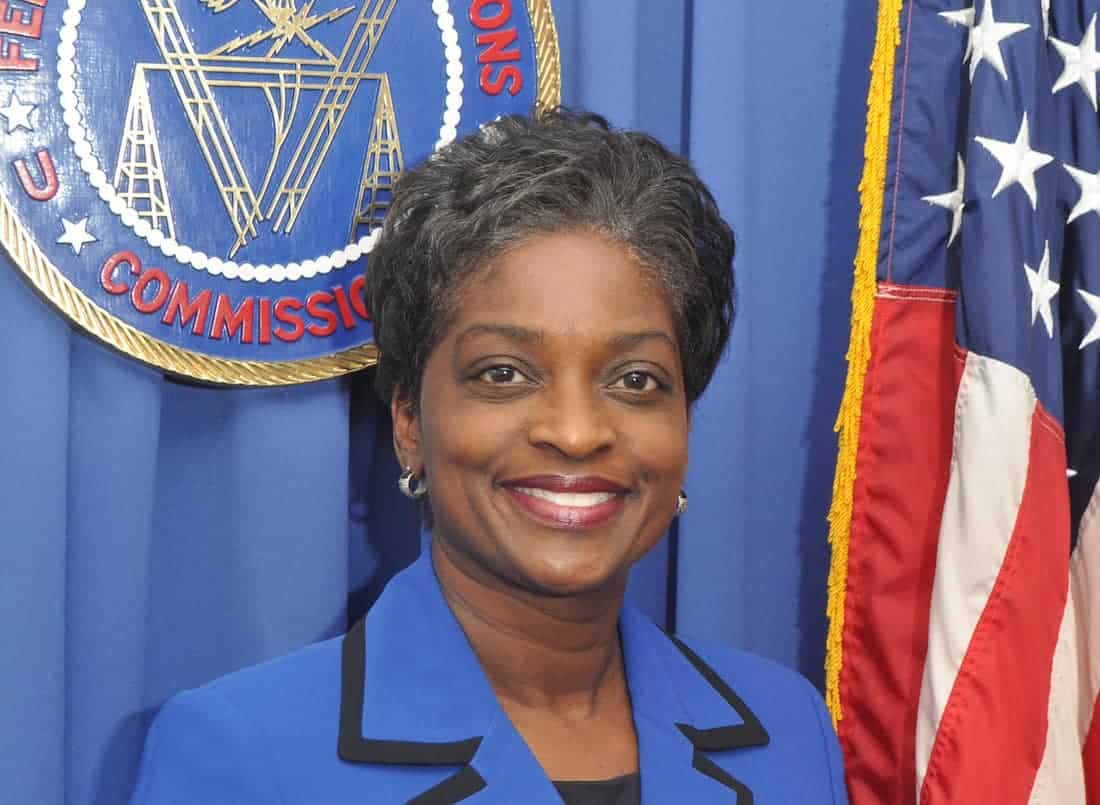
Party Affiliation: Democrat
Appointed By: Barack Obama
Key Issue: Revising media ownership rules
Policy Focus
Clyburn is a strong advocate for enhanced accessibility in communications for disabled citizens, and works with the representative groups for the deaf and hard of hearing. Clyburn supports an open marketplace, and does not have a far-left position on the internet, but instead chooses to go for targeted regulations.
Clyburn is in favor of keeping net neutrality as it currently stands, making her feelings clear in a statement to Recode: “Rolling back these basic consumer and competition protections should be highly alarming to anyone who cares about the free and open internet.”
Jessica Rosenworcel, FCC Commissioner
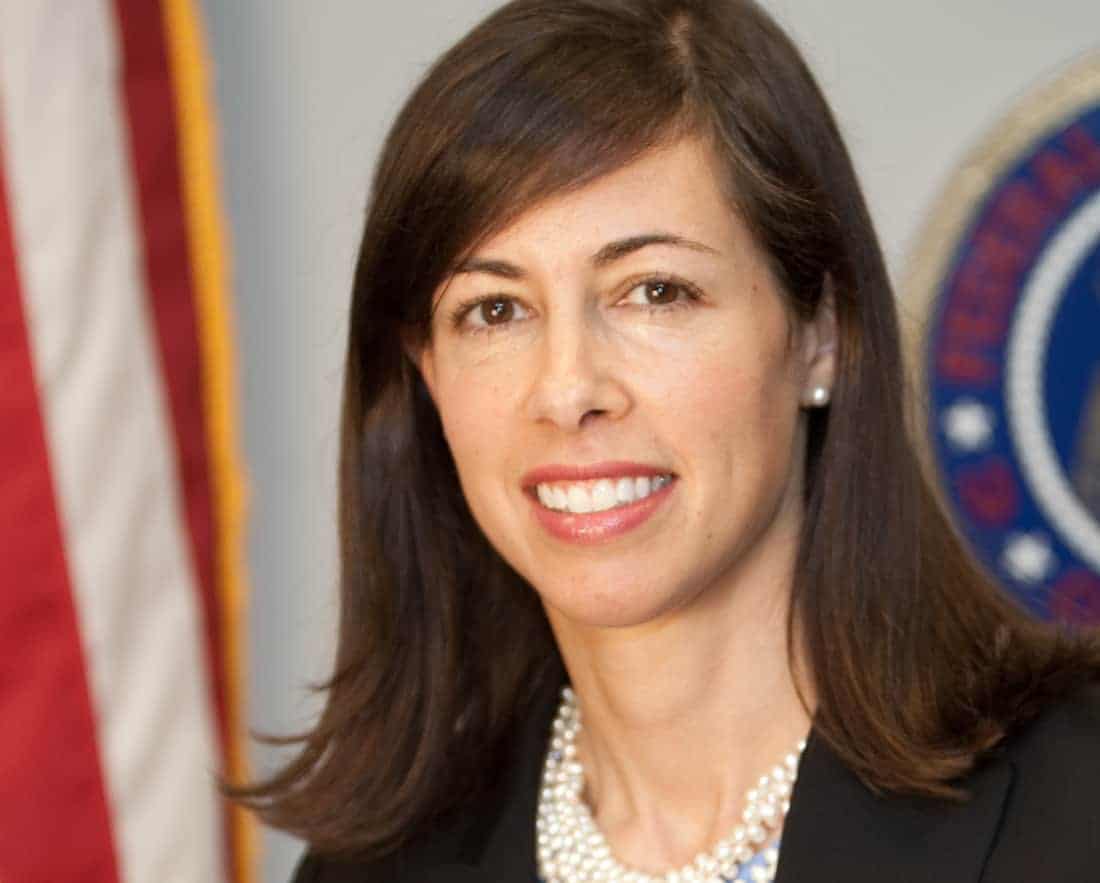
Party Affiliation: Democrat
Appointed By: Donald J. Trump
Key Issue: Retaining Obama-era Net Neutrality rulings
Policy Focus
Rosenworcel is a staunch advocate for retaining the FCC’s current rulings on net neutrality, as she believes that a more free and prosperous Internet exists with these rules in place. When asked by Reuters to comment on a report released by the FCC on the current state of the US broadband market, she did not mince her words:
“For my part, any transaction before us will require someone to explain how consumers will benefit, how prices will not rise, and how innovation will not dissipate in the face of so much more industry concentration. Someone will also need to explain how having fewer potential big bidders in upcoming spectrum auctions will not render our most potent distribution mechanism substantially less powerful”
Michael O’Rielly, FCC Commissioner
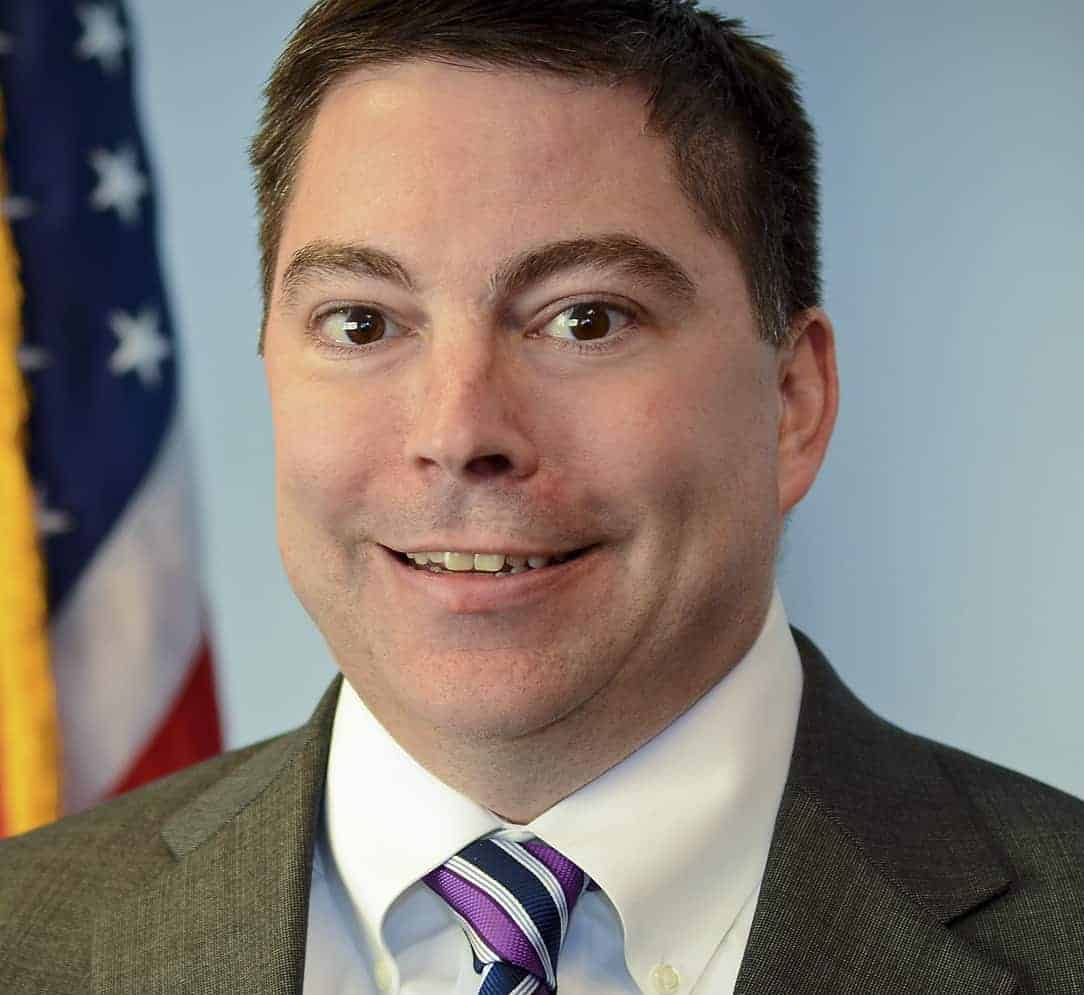
Party Affiliation: Republican
Appointed By: Barack Obama
Key Issue: Promoting free market economics
Policy Focus
O’Rielly’s stance on net neutrality is that the current regulations are too burdensome, instead favoring a replacement set of policies that promote free market economics.
“We must define the media market as it exists today. That means the inclusion of newspapers, radio stations, and television stations, but also their competitors: MVPDs, over-the-top providers, Internet sites, social media platforms, streaming music services, and satellite radio. Once we accurately acknowledge the market we are regulating, we can have an honest debate about what rules ultimately make sense.”
Speaking about the new path to be taken by the now Republican-majority FCC, O’Rielly had this to say: “It is my hope that Commissioners and staff alike will embrace the new spirit of openness and take the step of getting on the same page. This has the best chance of producing lasting and positive changes for Americans.”
Brendan Carr, Commissioner
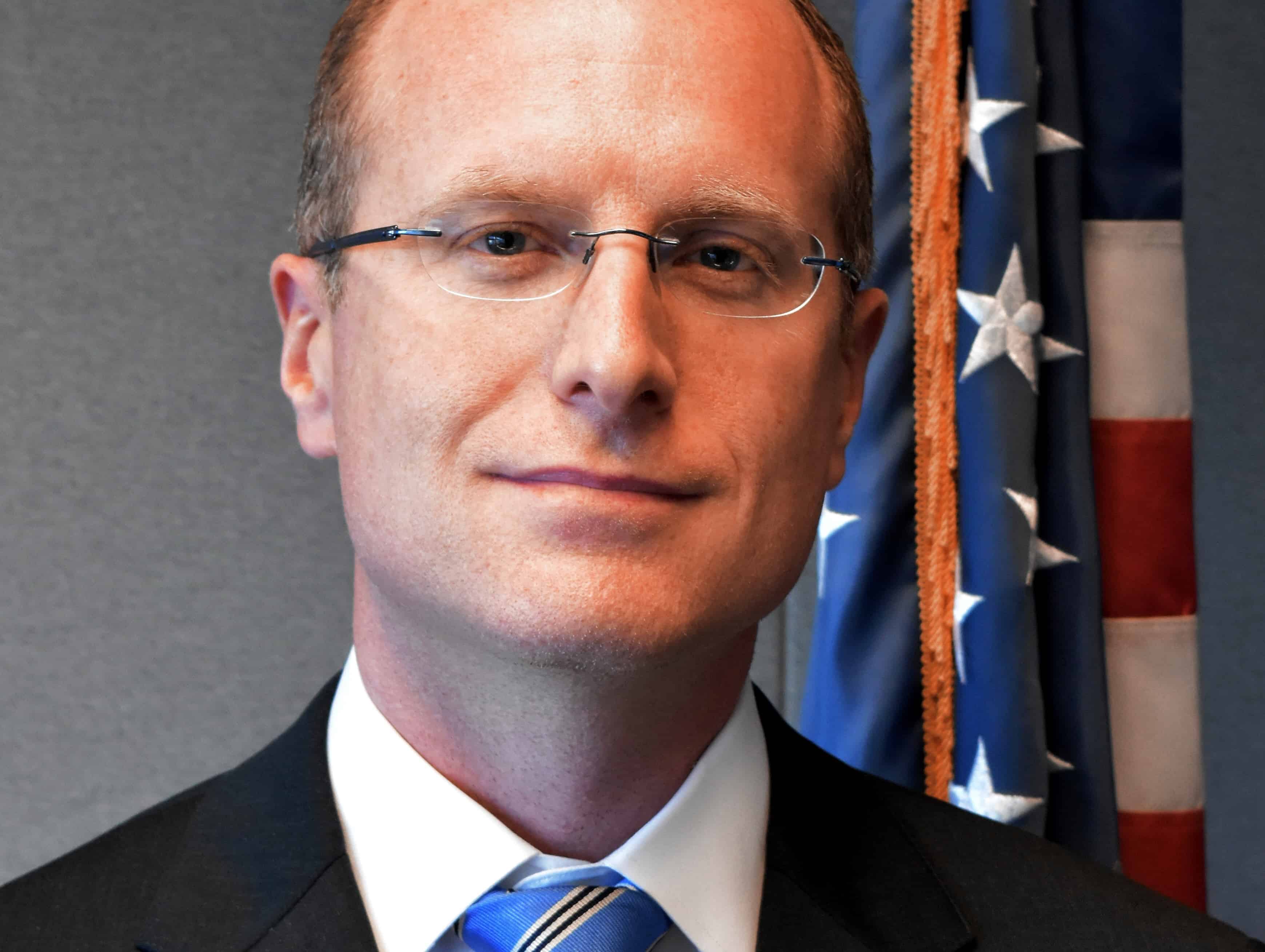
Party Affiliation: Republican
Appointed By: President Donald J. Trump
Key Issue: Promoting free market economics
Policy Focus
Similarly to the other Republican members of the FCC Commission, Carr has a strong focus towards free market economics, and wants to dismantle the burden of government regulation on companies, specifically with regards to net neutrality.
Chairman Ajit Pai recently appointed Carr to lead the agency’s wireless infrastructure proceedings, and Carr is moving forward by favoring the free market to get there, and to relieve a lot of FCC rules that in his view are overstepping their boundaries.
“We [Clinton-era FCC policymakers] removed regulatory barriers to infrastructure investment, we encouraged the private sector to take risks, and we minimized the cost of deploying broadband. Those policies—not government regulation—led to massive investment in networks and brought about the broadband revolution that consumers in the U.S. have enjoyed.”
What is the FCC?
In their own words, the FCC “regulates interstate and foreign communications by radio, television, wire, satellite, and cable.”
Translation: the FCC is largely responsible for the fate of the Internet, as well as other services like TV and radio that are quickly moving towards Internet-based transmission.
Originally, the vision for the agency was that it would regulate interstate and foreign communications by wire and radio in the public interest. That scope has expanded a quite a bit today, as the Internet swooped in to “disrupt” everything from news to communication.
The commission itself is composed of five members who are appointed by the President and confirmed by the Senate. One of these members is designated by the President as Chairman, while the rest act as commissioners on the leadership council. Only three members can be affiliated with the same political party at a time, and none are allowed to have any financial interests related to official commission business.
What does an FCC Commissioner do?
FCC Commissioners serve terms that are five years in length, unless they are filling an unexpired term. Their primary role is to establish and put forth legislation that responds to the communications needs of Americans as they stand today. They also serve as teachers and advocates of various public initiatives in the realm of communications.
The Commission itself meets once a month for an open meeting to discuss the latest issues and proposed regulations. They keep an open calendar of these meetings, and meetings are followed up by press releases detailing their decisions alongside commissioner statements.
Why does the FCC matter?
If the FCC’s classifications and regulations seem too overwhelming (and borderline self-defeating at times), you may be tempted to dream up a world where the agency doesn’t exist at all. Despite this, the agency has a few functions that just about everyone can agree are important for today’s tech-driven world.
New and innovative standards like Next Gen TV are exciting and packed with advancements, but they are also rife with controversial user tracking initiatives that, if left unregulated, could represent a tangible issue for many. In this case, the FCC’s role revolves around putting in place regulations that seek to protect consumers while still allowing for technological progress to run its course.
Another example of the FCC’s potential value lies in ensuring that companies are properly incentivised to update and modernize our aging communications infrastructure. Though opinions differ on just how to do this, both sides of the aisle largely agree that it’s something that needs to be done. Meanwhile, regardless of the absence or presence of Net Neutrality regulations, borderline non-neutral practices such as zero-rating agreements (think AT&T and DirecTV streaming deals) have been going on for years without an effective way of assessing and acting on their affect on consumers.
Joining the Conversation
Regardless of your political affiliation, almost everyone can agree that realigning the FCC’s approach to broadband regulation to encourage more competition is a positive goal. Unfortunately, government isn’t known for moving quickly when it comes to technology — as anyone who’s had to navigate a .gov website can attest to.
Now, the FCC looks set to announce their formal vote to rescind the Internet protections put in place by the Obama administration imminently, with the actual vote likely to take place in December. Considering the 3-2 Republican majority currently, it is likely to pass.
Regardless of where you stand on the issue, how the committee proceeds from here will likely be pivotal in shaping the Internet of tomorrow.
Share with your friends
Here’s a list of ways you can keep tabs on the FCC, as well as a few ways to let them know how you feel about Internet access issues:
